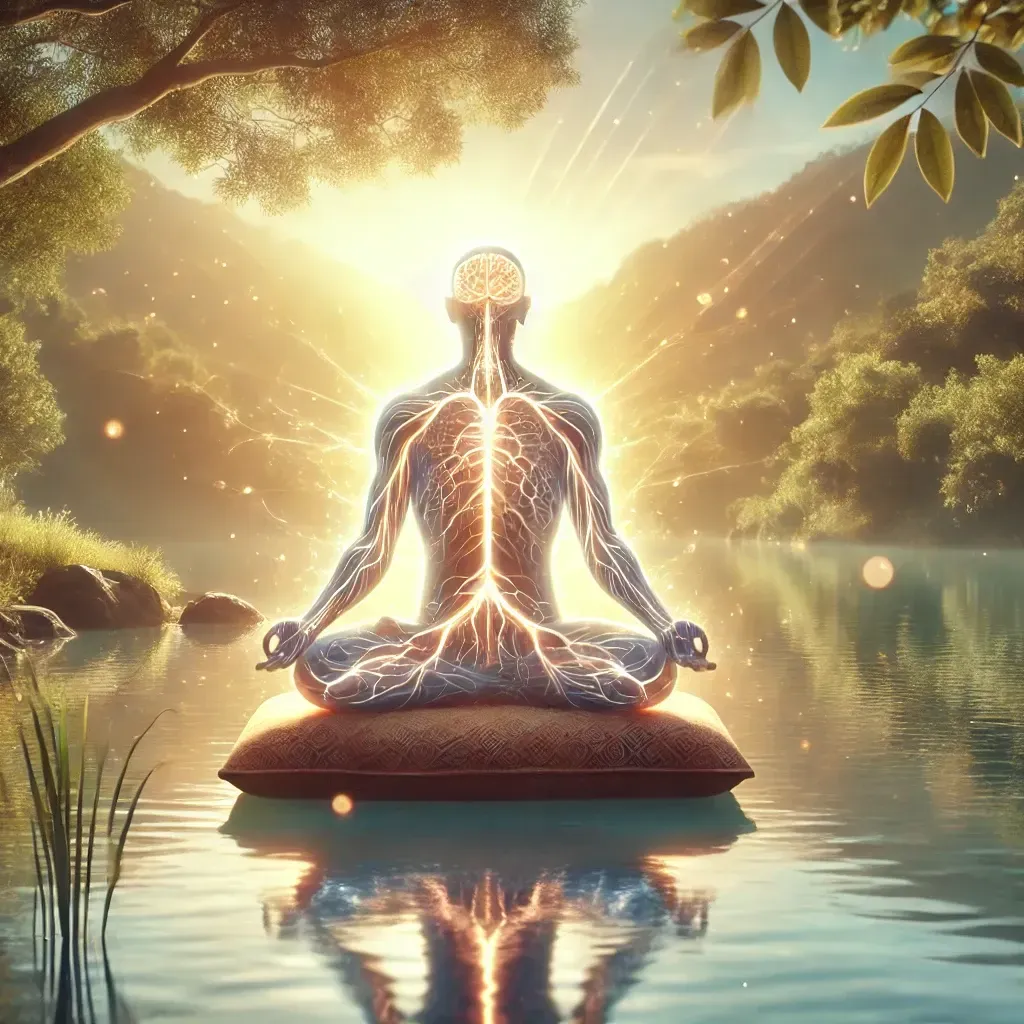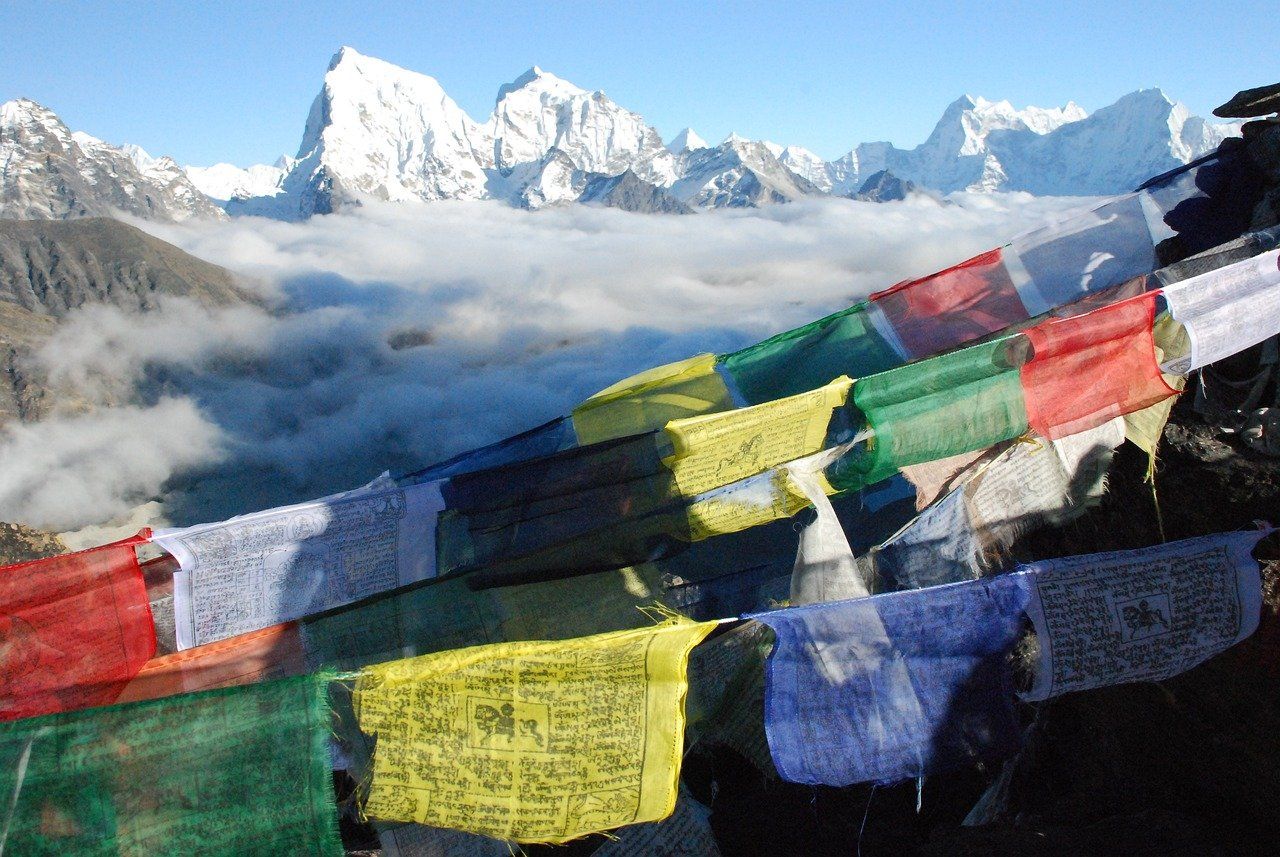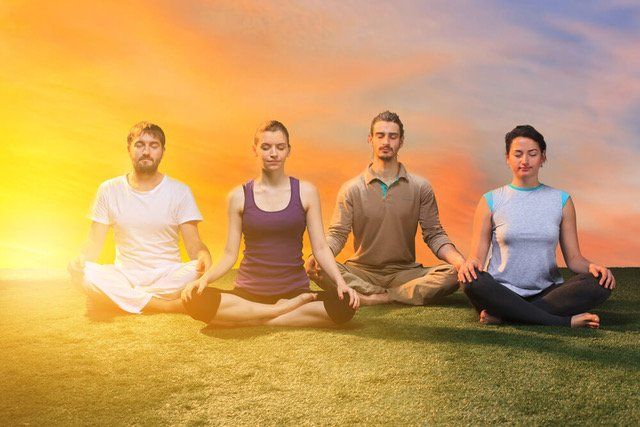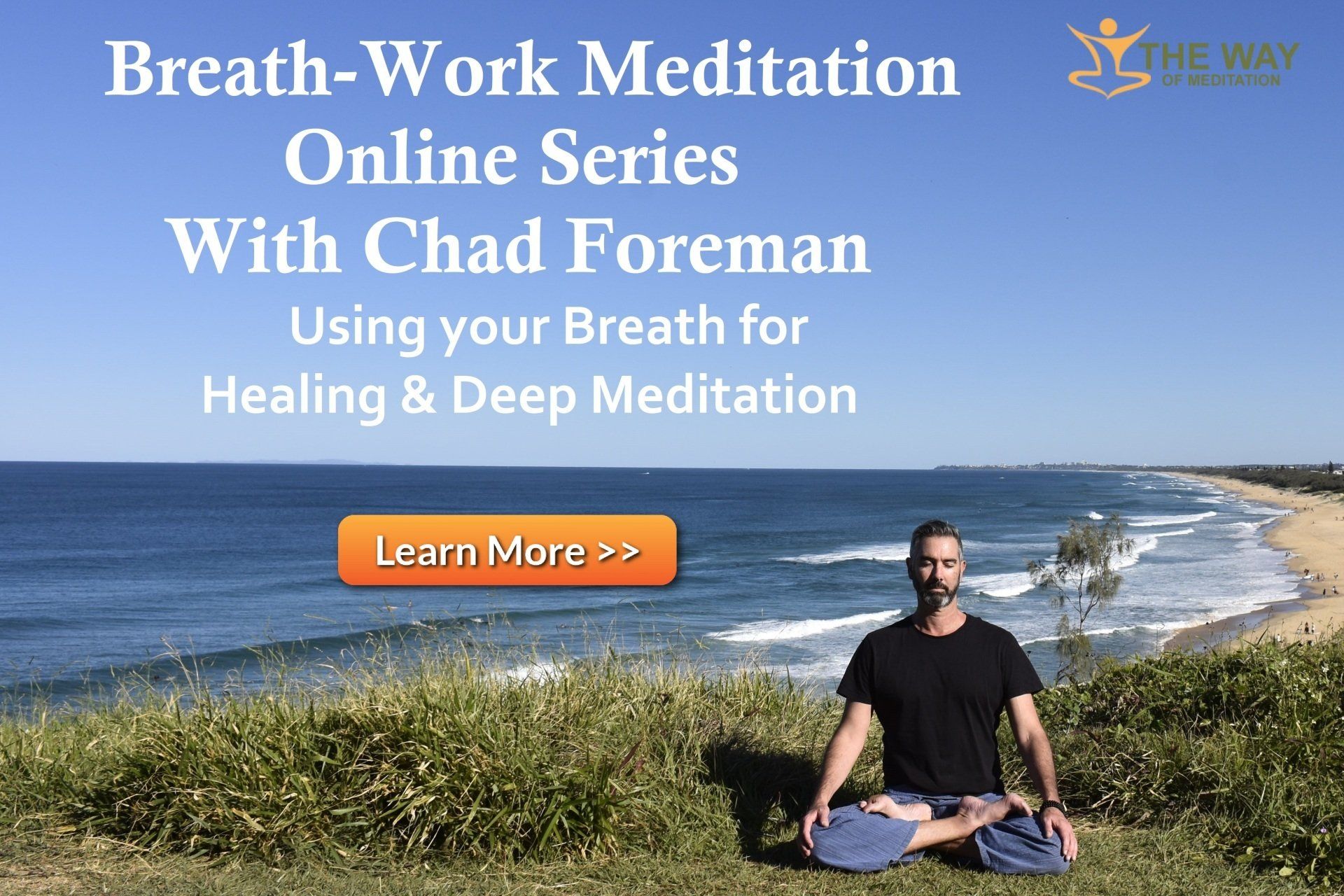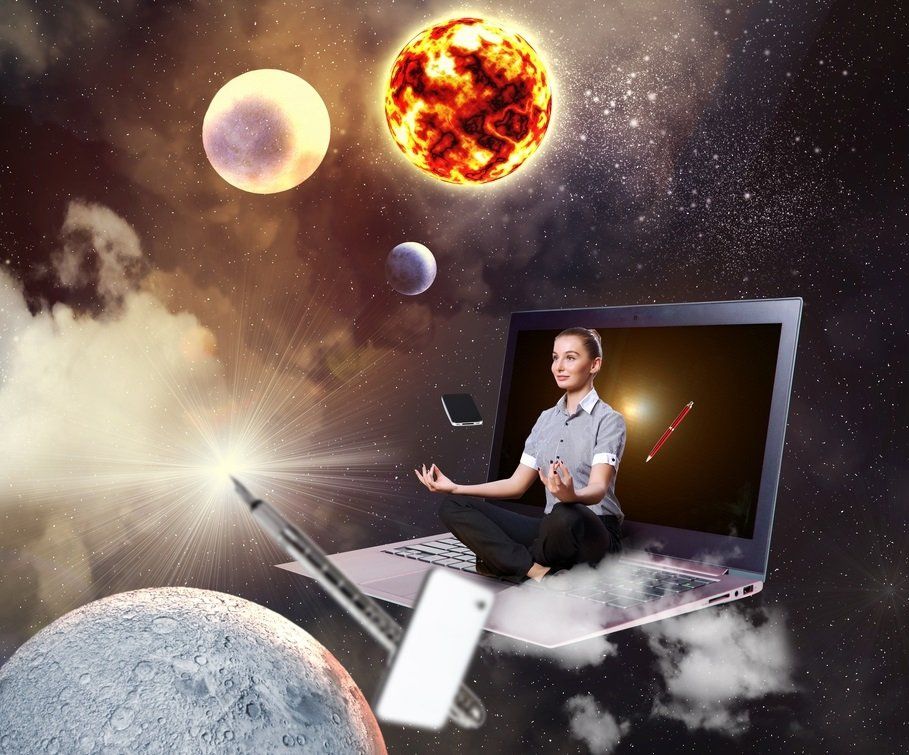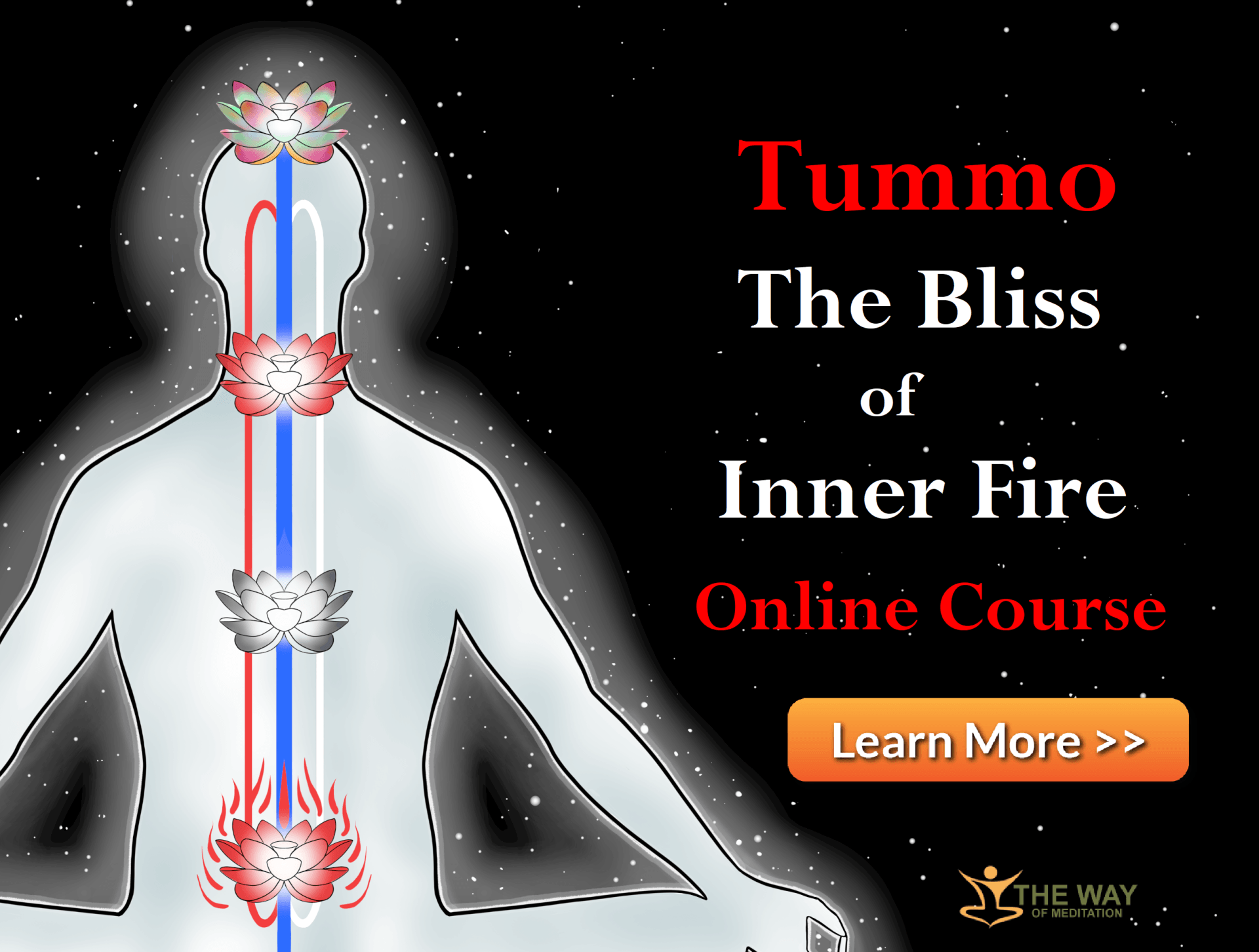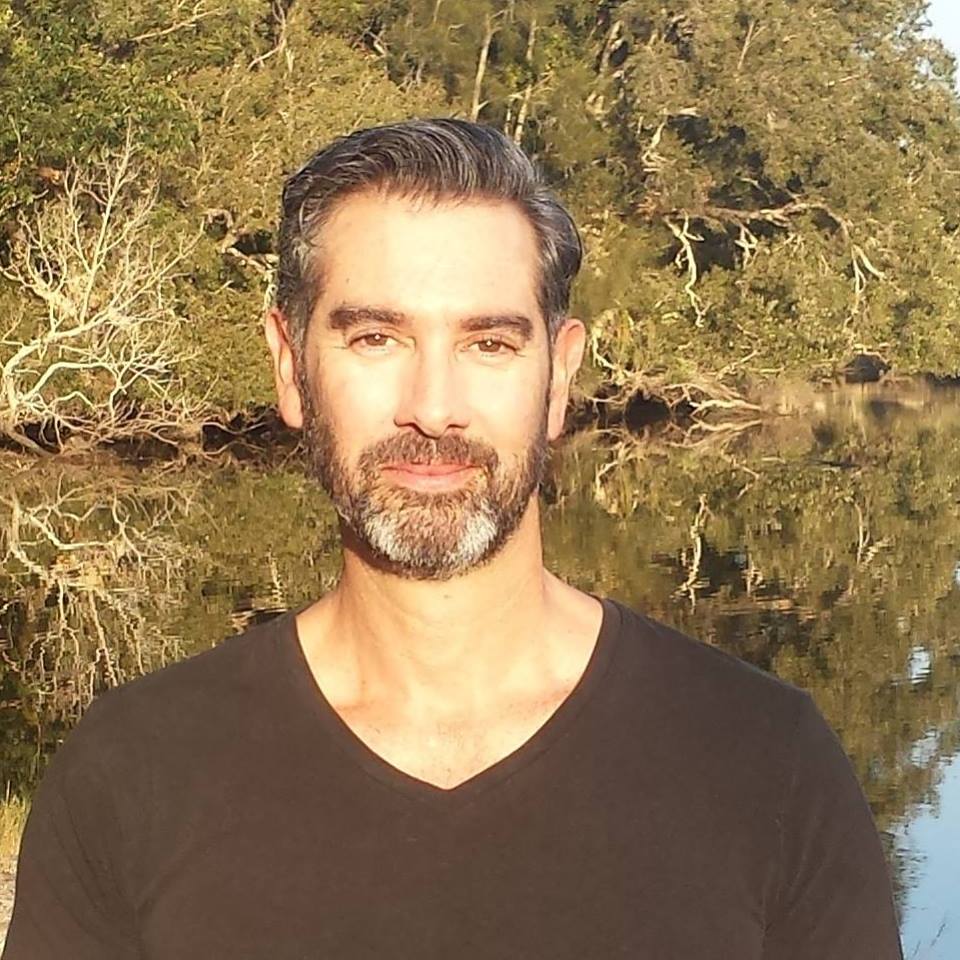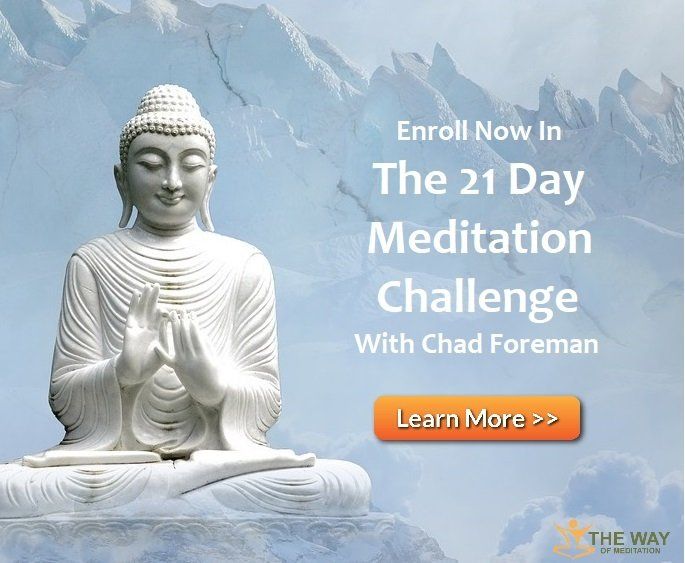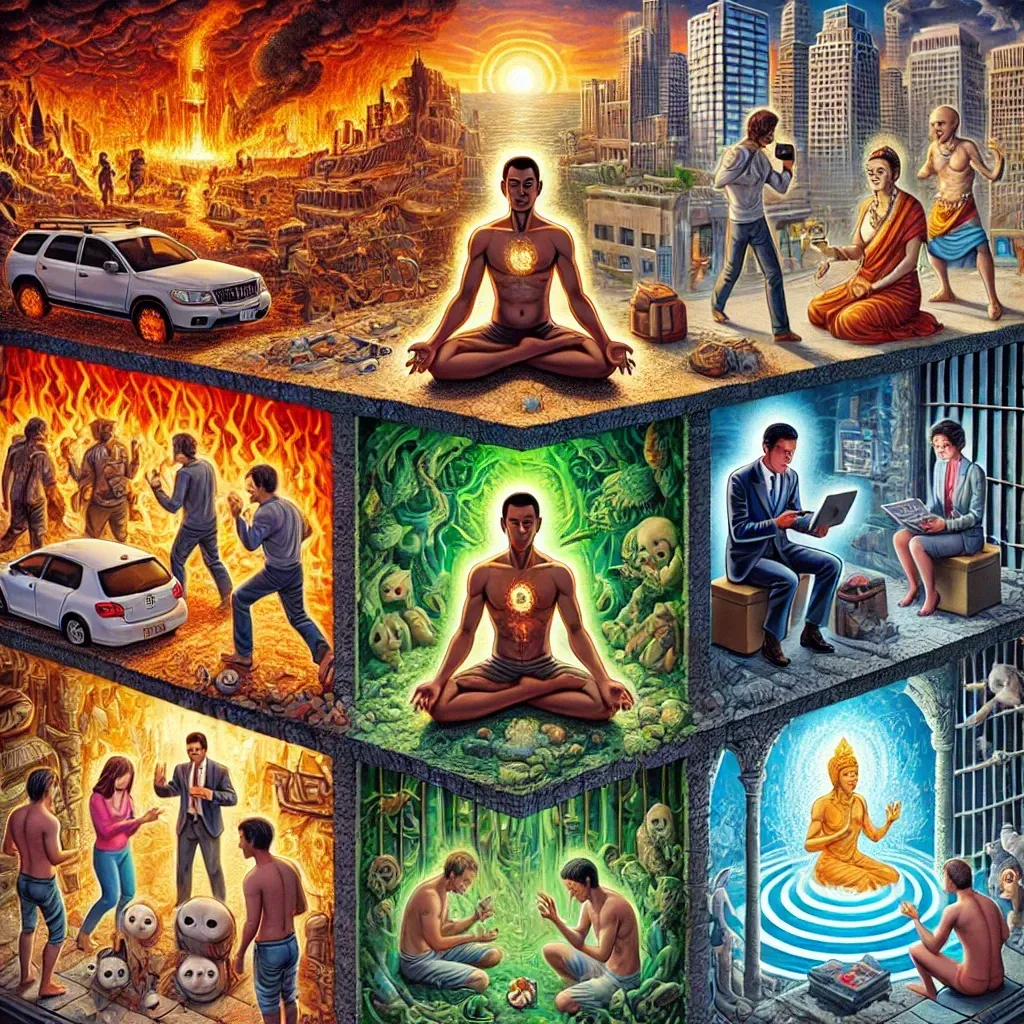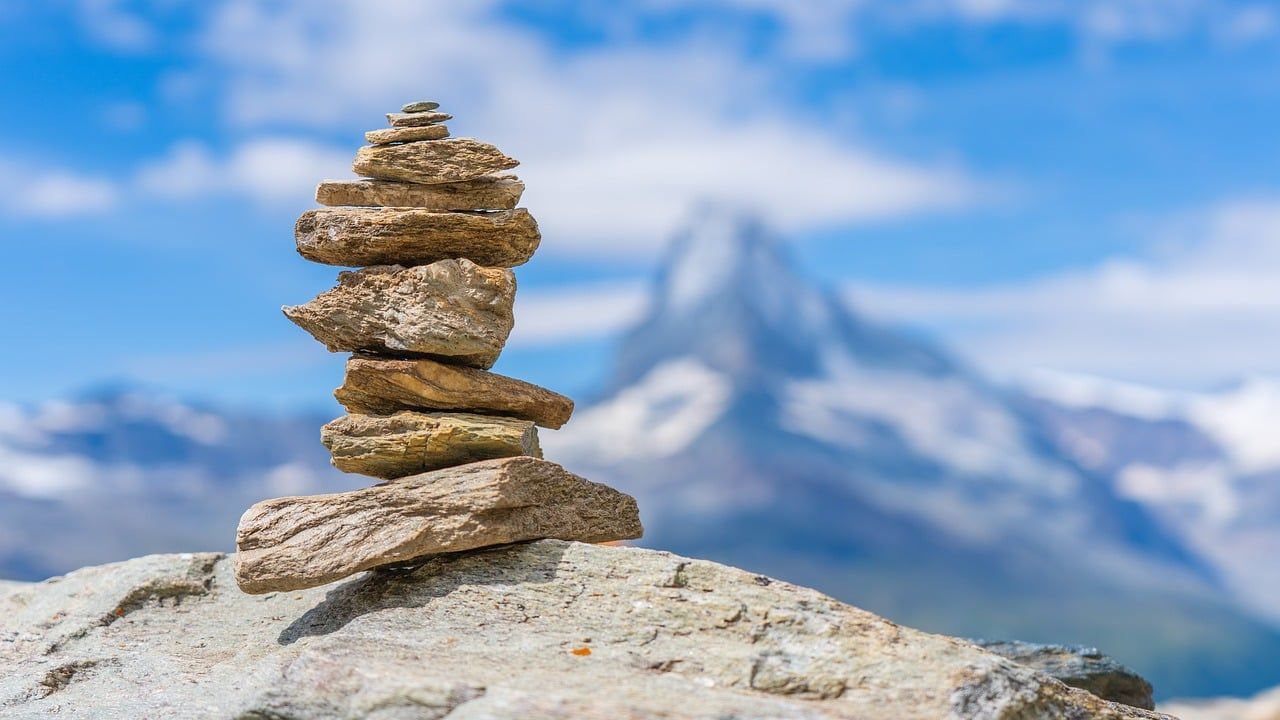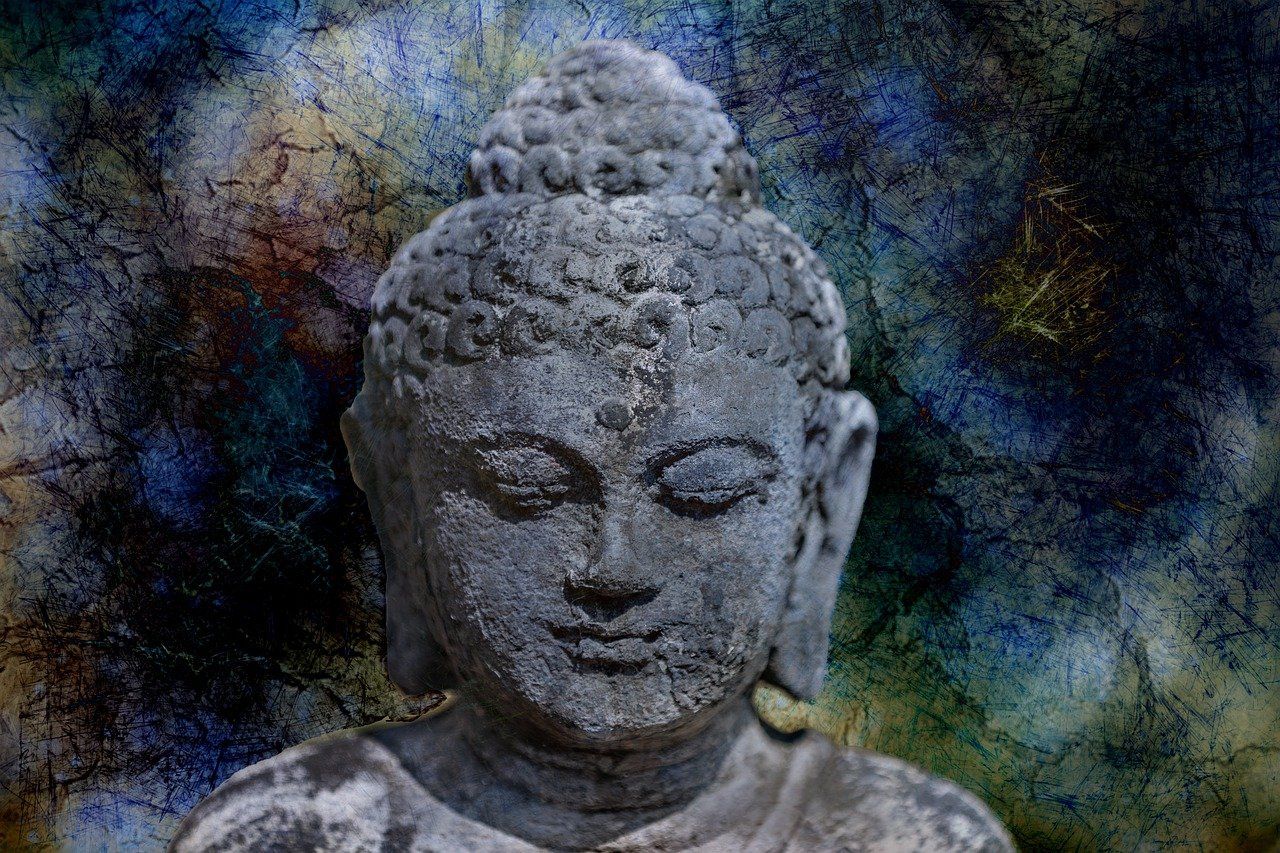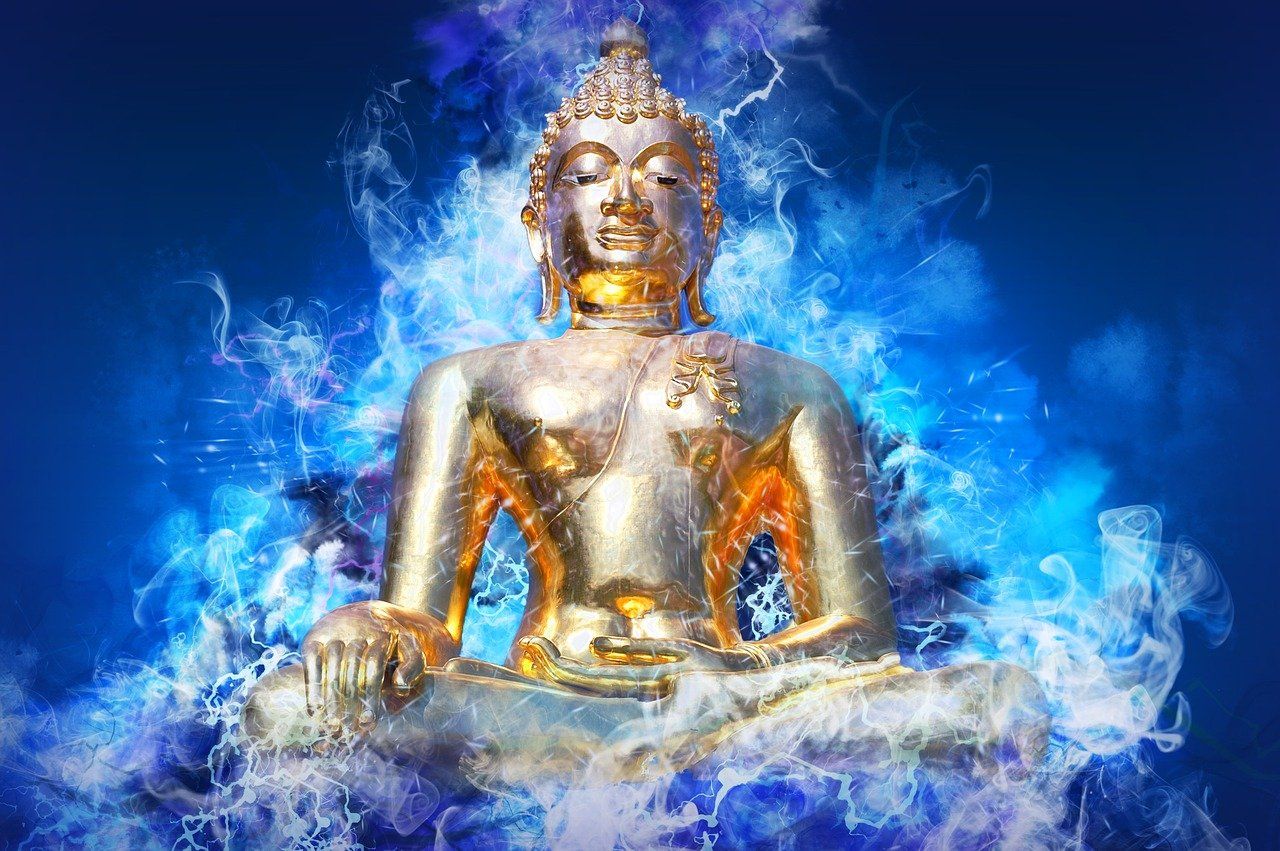The Five Ego Traps To Avoid in Meditation
Spiritual Ego
With so many people joining the
meditation revolution what are some of the pitfalls to be avoided? Generally speaking meditation is meant to eliminate an ego or self centered attitude which always wants more and more and replace it with a serene and content, dare I say enlightened way of being, but is it possible that meditation can increase your ego and contribute to your emotional and psychological suffering? A Tibetan Buddhist Meditation Master Chogyam Trungpa claims that it can do just that and he warns of meditation being an ego trap and called it
spiritual materialism
Here are the five ego traps to avoid in meditation:
1) The Identification Trap
This is probably the most obvious trap, or at least it is obvious to others if you go around claiming you are enlightened, but it is also the most subtle and hard to understand. To believe there is some fixed separate person that is enlightened is exactly what the ego does. The ego is believing in some fixed identity that endures over time, instead of the ever changing relationships and processes which life actually is.
This trap also includes believing other people like Gurus or Masters to be enlightened; to see them as perfected beings and you as a lower or lesser type of being is exactly how the ego operates; by solidifying and comparing. Believing in others identity as perfect is actually just the ego projected outward.
Thinking you are better than other because you are a ‘meditator’ is of course caused by identifying and then comparing. This is an obvious pitfall to be avoided. Try to meditate regularly without labelling yourself a meditator or spiritual or anything else. Live without a story; simply fresh and awake in every moment without an identity.
In meditation we don’t let the mind stick to anything, not identify with anything, remaining free. Don’t make an ‘I dent’ in any appearance or any thought just stay open and aware.
The key mistake of this trap is thinking relative appearances can be perfected or completed. Relative appearances will always be changing through stages of birth, temporarily abiding and dying. These natural cycles are perfect in themselves but they are never finished or complete and they certainly don’t stop. To be in the flow with life is the perfect way but there is no fixed identity doing it.
The key realisation of meditation is there is no-self. The light is on, but there is no- one home, no fixed ego doing everything. This is not philosophy, this can be discovered through meditative introspection. Right now look inward for the thing you call ‘you’ and see what you find. There is spontaneous awareness sensitive to the moment but no one there to do it or gain reward, that is why Buddhist practice non attachment to the results of actions.
This is difficult for the rational mind to accept, it challenges notions of free will and independence but there are other conceptual alternatives to either thinking there is an enlightened person or not; like what Zen Master Suzuki suggests,”there is no such thing as an enlightened person only enlightened activity.” or what the non-dual Master Nisargadatta says:
“Wisdom tells me I am nothing, love tells me I am everything, between the two my life flows.”
It is also very wise to always remember the first line of the Tao Te Ching when you think you’ve finally got the right answer:
“The truth that can be named is not the real truth.”
“There is a contradiction in wanting to be perfectly secure in a universe whose very nature is momentariness and fluidity. But the contradiction lies a little deeper than the mere conflict between the desire for security and the fact of change. If I want to be secure, that is, protected from the flux of life, I am wanting to be separate from life. Yet it is this very sense of separateness which makes me feel insecure. To be secure means to isolate and fortify the “I,” but it is just the feeling of being an isolated “I” which makes me feel lonely and afraid.”
Instead of centralizing inward the idea of meditation is to decentralise outward, disperse yourself into everything. Everything in the moment is you. This is what is meant in a famous line in the Buddhist Heart Sutra when it says form is emptiness and emptiness is form. Your empty awareness is not separate from anything it is actually one and the same with everything.
This is exactly how mindfulness enables ethics, wisdom and compassion; you unite with things so as to understand them, you are them, this is the deepest kind of empathy and the subtlest type of sensitivity. Buddha taught to listen to things and all that you hear is just sound, or to watch things and all that appears is just appearances, no separate person seeing the sights or hearing the sounds, just sounds, just appearances. Once again this is not philosophy this is the experience found in meditation.
*Try it now just listen to whatever is happening and see if you can find a boundary between you and the sound.
This wisdom has been lost in modern McMindfulness as taught by so many of today’s teachers.
When you try and accumulate merit or knowledge as taught by religious versions of Buddhism you are developing a super strength ego. Any type of wisdom or virtue that is accumulated falls under the natural law of death and decay, it is not a reliable refuge. Anything that is born will die. It is only in the perfect wisdom of a spontaneously present and open mind that enlightened activity can take place. Be in the moment and leave no trace.
This pitfall includes the ego trap of developing yourself. Self development needs a timeline, a past and a future and this is exactly the state of mind we are trying to overcome in meditation by being in the eternal now. Forget about ideas of getting better, be totally yourself today and tomorrow be totally yourself. Each day is complete, each moment is complete, don’t compare moments. Your past self and your present self may look different but only when you solidify and compare, solidifying a concept of yourself, comparing and improving are all ego traps to be avoided in meditation.
The greatest instructions I have come across in my 20 years of study are the ones that say don’t try and change anything, don’t manipulate yourself, don’t try and achieve enlightenment, simply allow this moment to be as it is. One famous Tibetan proverb says “this moment as it is, is enlightenment.”
“The more we try to avoid the basic reality that all human life involves pain, the more we are likely to struggle with that pain when it arises, thereby creating even more suffering.”
~ Russ Harris, The Happiness Trap
Eckhart Tolle echoes what many great spiritual teachers have said – resistance to the present situation is the root of all suffering. Unfortunately that includes resisting unhappiness, or pain or even depression. As the old saying goes, “what you resist persists.” Allowing space for these things to be and move, actually allows them to pass right on through, it doesn’t mean they won’t return, life is full of suffering, but the good news is nothing is permanent. There is no need to tell ourselves sweet stories or sugar coat reality, as Brad Warner says:
“Real wisdom is the ability to understand the incredible extent to which you bullshit yourself every single moment of every day.”
Trying to be happy all the time you end up like Ned Diddley Dandy Flanders, that Simpsons character that always tries to be happy and positive, and comes off just a little bit scary and neurotic. Perhaps like a happiness junkie addicted to seeing the bright side of every situation. But it’s ok to be sad, it’s ok to grieve the loss of loved ones and it’s ok to not be perfect, that’s just being perfectly human. Meditation is not about trying to escape or transcend into something otherworldly, it’s being intimate with reality, seeing things as they are not how you would like them to be. It is from this place of acceptance that effective changes can be made because you are perfectly aware of the situation.
Written by Chad Foreman
Chad Foreman is the founder of The Way of Meditation, has been teaching meditation since 2003, determined to bring authentic meditation practices into the lives of millions of people in the modern world. Chad is a former Buddhist monk who spent 6 years living in a retreat hut studying and practicing meditation full time and has now has over twenty years’ experience teaching meditation. Chad holds regular Meditation Retreats on the Sunshine Coast Australia, has Online Meditation Coaching, delivers three online programs - The 21 Day Meditation Challenge to help guide people gradually from the basics of mindfulness and relaxation to profound states of awareness. Breath-work to help manage stress and go deeper into meditation and The Bliss of Inner Fire which is a Buddhist tantric method for purifying energy blocks and contacting the clear light of bliss. You can also now get Chad's free e-book Insights Along the Way.
Get A FREE
Guided Meditation Series
with Chad Foreman
